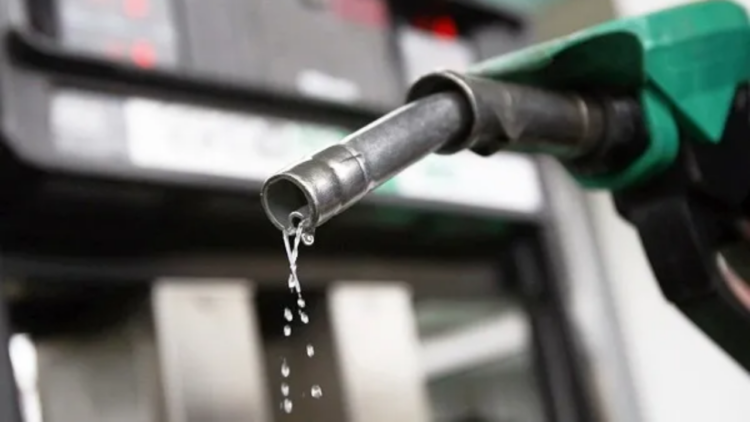
Since the removal of fuel subsidies by President Bola Tinubu in late May, average daily petrol consumption in Nigeria has dropped by 28%. According to data from the Nigerian Midstream and Downstream Petroleum Regulatory Authority (NMDPRA), average daily petrol consumption decreased to 48.43 million litres in June, down from the previous average of 66.9 million litres. The subsidy regime had kept fuel prices low for many years but had become increasingly expensive for the country. Nigeria reportedly spent $10 billion on subsidies last year, leading to wider deficits and increasing government debt.
The removal of the petrol subsidy has also had an impact on neighboring countries such as Cameroon, Benin, and Togo, where a black market relying on smuggled petrol from Nigeria has collapsed. The World Bank estimated that Nigeria could save up to $5.10 billion this year from scrapping the petrol subsidy and implementing foreign exchange reforms, despite having spent $2.41 billion on subsidies in the first five months.
The president of the Petroleum Retail Outlet Owners Association of Nigeria (PETROAN), Billy Gillis-Harry, acknowledged the government's decision to exit the petrol subsidy regime and highlighted PETROAN's efforts in developing the Petroleum Products Passport (PPP). The PPP is a tool that transparently monitors petroleum supply and distribution across the country, which can aid the government in collecting accurate consumption data.
In addition, plans for the widespread rollout of Compressed Natural Gas (CNG) refilling outlets across Nigeria are progressing, with seven banks ready to manage a revolving fund facility from the African Development Bank (AfDB). The Independent Petroleum Marketers Association of Nigeria (IPMAN) secured this deal with the bank following the removal of petrol subsidies. IPMAN is currently identifying its members interested in co-locating CNG dispensers and infrastructure at existing petrol retail outlets, aiming to establish 10-20 co-located CNG stations in each state during the initial phase of its nationwide rollout.
Copyright © ENTREPRENEURSHIP DEVELOPMENT INSTITUTE 2015. All rights reserved.
Powered by: C.B.N